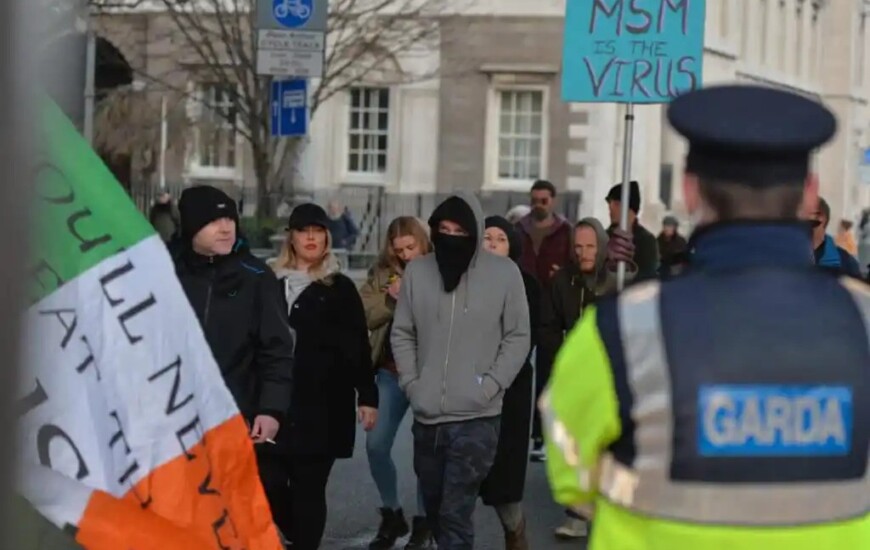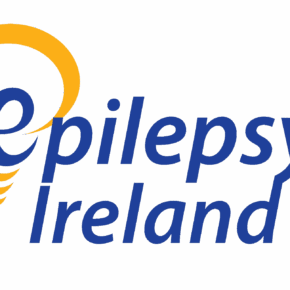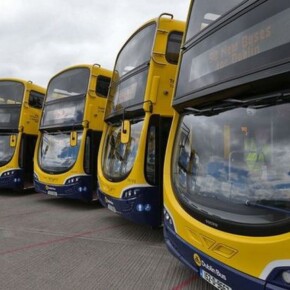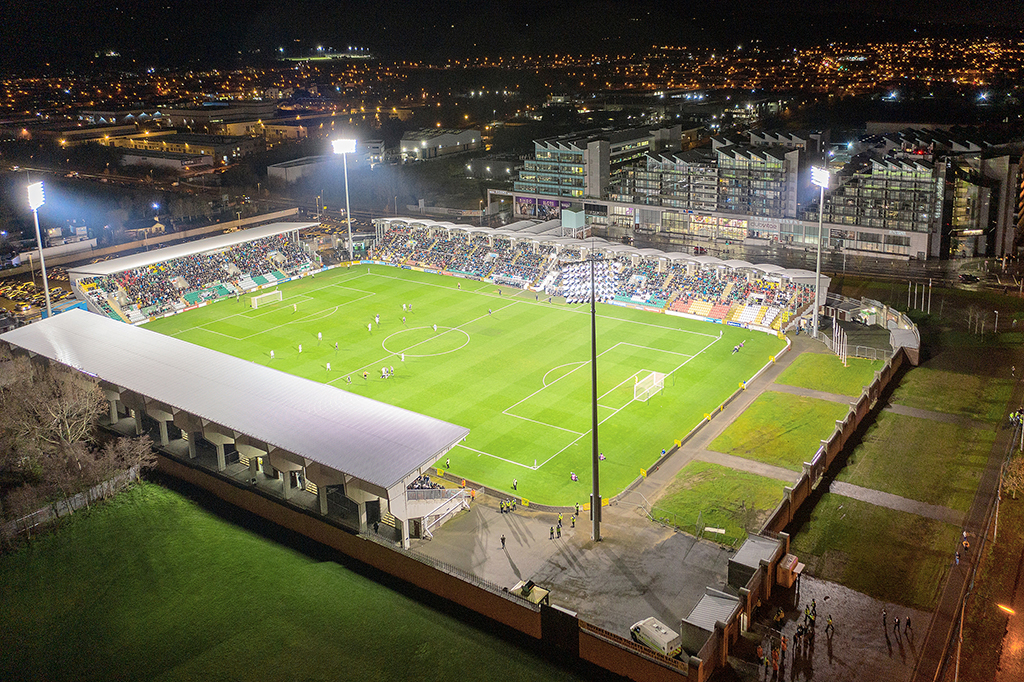What influence will the far-right have on June’s elections?
Mike Finnerty 07 Mar 2024
One of the narratives of the upcoming local elections is seeing how parties of the far-right will perform.
Recently, we examined what would make a good day for the smaller parties of the left, and now we will examine the other burning question for June’s elections; what influence will far-right parties have?
A far-right wave is tipped to sweep Europe in June, with the far-right likely to top the polls in Germany, France, The Netherlands, and Italy.
Polling indicates that Ireland may not be exempt from this wave, but in lieu of detailed analysis, we can only make an educated guess as to their potential performance.
While it it deeply unlikely that a right-wing party will win a European seat in Ireland (our analysis shows you need an average of 16.1% of first preferences to get a candidate elected and that simply is not happening this year), it may become an issue in the contest of local elections.
The most overtly right-wing party named in polling (ie, one that actually cracks 2%) is Aontú, and a smattering of far-right parties are lumped in with the “Others” category along with independent parties.
By Aontú’s own admission, they are centre-left on economics and claim to attract support from socially conservative voters from all parties so they aren’t a perfect match for what we are talking about.
They are more a syncretic party than anything and not necessarily indicative of what we are talking about for the purposes of this piece.
We are looking to delve into parties that outright sell themselves as being on the right wing of Irish politics.
What drives and powers the far-right across Europe varies by country; Spain’s Vox are driven demented by a leftist government and their socially progressive agenda, while in Germany, the AFD has tapped into what political scientists call “economic anxiety”.
While immigration is a driving force for the political right across Europe, it has become especially pronounced within Ireland, and has become a hyper-local issue in the context of local elections in Dublin.
A smattering of political parties exist on the right of Irish politics.
They carry names as diverse as The Irish People, Ireland First, Ireland Freedom Party, Independent Ireland and Ireland: A Local Place For Local People (that isn’t a real party, we threw in a joke name to make sure you’re still paying attention).
Haven’t these parties ever heard of search engine optimisation?
Right-wing electoral success in Dublin, if it happens at all, will come in the form of independent candidates.
Ireland’s long history with independent candidates may end up being one of the deciding factors in far-right candidates being elected or not.
At a local level, it is easier for a candidate to express themselves and what they stand for as an independent than being part of a party that has no elected representation.
To that end, a number of independent anti-immigration candidates have declared their intentions to run for election in June across Dublin.
With turnout typically being low at local elections, voter apathy may be enough to get the far-right elected in Dublin.
Before Christmas, Sinn Féin TD Dessie Ellis told Northside People that while it is unlikely for far-right or anti-immigration candidates to top the polls, they will come into play in the final few seats in a constituency.
In Ireland’s voting system, smaller parties tend to perform better in 6 or 7-seater constituencies, so while they will struggle to perform in 5-seaters, the far-right’s best chance of success will come in massive, sprawling constituencies.
Recent polling from Ipsos B&A has shown that immigration is one of the top issues on voters’ minds, even more so than the likes of housing, healthcare and the economy.
Attempts to stoke an American-style culture war surrounding LGBTQ+ content in libraries have been roundly rejected by the Irish public, with Dublin City Council going so far as to pass a motion that protects Dublin libraries from protesters.
In the grand scheme of things, babbling about how Ireland has become too “woke” or politically correct does not matter to voters as it is not an issue that puts food on the table.
If the far-right has achieved one thing, however, it is managing to shift immigration to the foreground of Irish politics.
The recent debate surrounding immigration isn’t a new thing in the realm of Irish politics.
In 2004, Irish voters were asked to vote on the 27th amendment on the same day as local and European elections.
On that day, voters were asked if Ireland should limit the right to Irish citizenship by birth and the referendum passed by nearly 80% to 20%.
There is an assumption in the media or political circles that Ireland’s taking something of a rightward shift on immigration issues is a new thing that has entered Irish politics, but our recent history shows that this issue has been on voters’ minds over the decades; that particular referendum saw turnout just shy of 60%.
Speaking before the referendum, then-Minister for Justice Michael McDowell told RTÉ that 40% and 50% of non-EU nationals who gave birth in Ireland did so in an attempt to gain Irish citizenship for their children.
Sinn Féin, Labour and the Greens opposed the referendum, and while Fine Gael supported the thrust of the referendum, they did not campaign in favour of it.
The referendum passing by such a wide margin is a reminder that the debate surrounding immigration didn’t spring up overnight.
We give this brief history lesson to remind people that fringe political parties on the far-right, who have no representation at a local or national level, will likely have to compete with major political parties co-opting their positions.
In recent weeks, Fianna Fáil and Fine Gael elected representatives from outside Dublin have broken with the party with regards to immigration issues, while before Christmas, Sinn Féin’s Justice spokesperson Pa Daly went so far as to say in the Dáil “nation states can and should manage their borders and we do not believe in an open border policy.”
Regardless if the far-right wins seats in June or not we can expect to see mainstream parties adopt more conservative attitudes towards immigration in a bid to win over voters.
In the event that explicitly anti-immigration or far-right representatives find themselves elected to Dublin City Council or Fingal County Council, their efficiency will be limited.
Apart from their decidedly transfer-unfriendly status on the ballot paper, the “cordon sanitaire” will apply should far-right candidates win seats.
In this event, none of the established Irish political parties will work with these upstarts.
We have seen esoteric alliances on Dublin City Council in the recent past but it is difficult to imagine any of Ireland’s existing political parties cooperating with upstart anti-immigration candidates.
It is much more expedient for them to simply co-opt some of their positions or deploy a more moderate version of their language.
The far-right doesn’t necessarily need to win seats to consider their efforts a success.
The mere virtue that the mainstream has been keen to jump on their politics is good enough for them; winning a seat is almost incidental.











